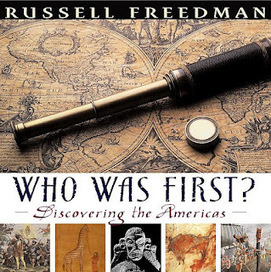Earlier this week, Iowa, which had its request for wiggle room from mandates of the No Child Left Behind Act turned down, got another kind of reprieve from the U.S. Department of Education: the chance to freeze its Annual Measurable Outcomes (goals for student proficiency) under the NCLB law for one year, while it works towards waiver approval.
And today, the department announced that six other states, Alabama, Alaska, Idaho, Kansas, Maine, and West Virginia, can also hit the pause button on their AMOs for the coming school year, while they work on their waiver plans.
The option was designed to give states that are planning to apply for a waiver in the early fall a "transition year" so they're not completely stuck with NCLB while they work on their waiver. Alabama, Alaska, Maine, and West Virginia are in that position.



 Your new post is loading...
Your new post is loading...

























